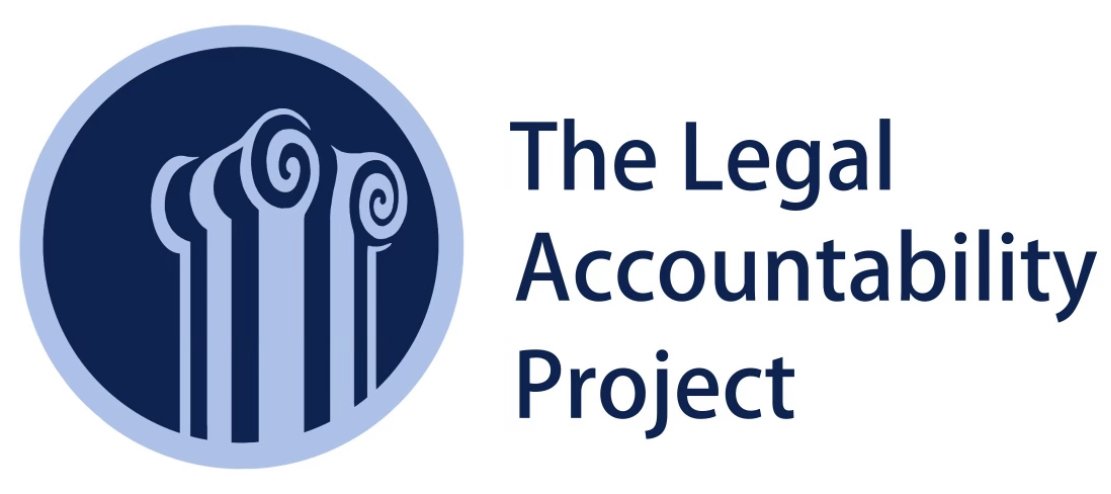THE ELECTION’S OVER – IT’S TIME FOR THE SENATE JUDICIARY COMMITTEE TO HOLD A HEARING ON THE JUDICIARY ACCOUNTABILITY ACT
I’m relieved that the 2022 election is (mostly) over. Now, the Senate Judiciary Committee should tackle some of the legislative items it placed on the back burner over the summer and fall of 2022. One of the most important items on next year’s agenda should be a hearing on the Judiciary Accountability Act (JAA) (S. 2553), legislation that would finally extend Title VII protections to law clerks and federal public defenders. Troublingly, the federal judiciary is exempt from Title VII of the Civil Rights Act of 1964, meaning that law clerks who are mistreated by judges cannot sue their harassers and seek damages for harms done to their lives, careers, and future earning potentials.
The JAA is the culmination of several years’ worth of legislative and advocacy efforts following numerous substantiated allegations against former Ninth Circuit Judge Alex Kozinski and the late Ninth Circuit Judge Stephen Reinhardt. These powerful judges got away with outrageous misconduct for decades, due to the legal community’s culture of silence and fear—one of deifying judges and disbelieving law clerks. Attorneys continue to dissuade law clerks from filing complaints or speaking out against the judges who mistreated them—thereby perpetuating a cycle of abuse. Judges have enormous power over their former clerks’ careers and reputations, making it enormously difficult to speak up in the face of mistreatment.
I learned about the JAA, which was proposed in July 2021 by members of the House and Senate Judiciary Committees, while I was engaging in the formal judicial complaint process. The judge for whom I clerked harassed me and discriminated against me because of my gender, routinely calling me “bossy,” “aggressive,” and “nasty,” and telling me I had “personality issues.” As if the mistreatment by my former employer were not devastating enough, he subsequently submitted an outrageous negative reference to my then-employer, the D.C. U.S. Attorney’s Office, causing them to revoke my job offer and indicate to me that I “would not be able to obtain a security clearance.” I discovered that law clerks in my position had no legal recourse, but this proposed legislation could help. I reached out to numerous House and Senate offices, both Democratic and Republican, to share my experience and advocate for the bill. I underscored to them that my negative clerkship experience, while not rare, is rarely shared publicly.
The JAA would extend Title VII protections to judiciary employees. It would finally rein in an unaccountable judiciary and making the workplace safer for thousands of young attorneys each year who decide to spend a year or two working for and learning for a judge. The JAA would amend Title 28 of the U.S. Code to clarify that “judicial misconduct” includes gender discrimination, harassment, and retaliation. It would specify that if a judge retires, resigns, or dies amid a judicial misconduct investigation, the investigation will not cease. It would standardize Employee Dispute Resolution (EDR) plans in all federal courthouses. And it would impose important data transparency requirements on the federal judiciary. It would require them to conduct and publicly report the results of annual workplace culture assessments, as well as collect and report data on the outcomes of judicial misconduct complaints and the (lack of) diversity in law clerk and federal public defender hiring. The dearth of data in this space has enabled some judges to get away with misconduct for far too long. It has also enabled judiciary leadership to disclaim responsibility for these pervasive problems within their courthouses.
The House Judiciary’s Subcommittee on Courts, Intellectual Property, and the Internet held a hearing on the JAA in March 2022, for which I submitted written testimony. Following my devastatingly painful clerkship experience, I discovered that, not only did I not have legal recourse, but the judicial “accountability” mechanisms that the federal judiciary regularly touts—Employee Dispute Resolution (EDR) and formal judicial complaints—are outrageously insufficient process. These processes, which are run by other judges within the misbehaving judge’s circuit or courthouse, are set up to protect misbehaving judges, not mistreated law clerks. The hearing went well, and both Democratic and Republican lawmakers expressed interest in the legislation. Unfortunately, the legislation has since stalled in Congress. While this issue cannot afford to only garner attention when there is a flashy hearing, the JAA needs a Senate Judiciary Committee hearing to garner additional co-sponsors—particularly Republican co-sponsors—in order to get the bill over the finish line. Witnesses should include law clerks testifying about their personal experiences and why the JAA would have helped them, not just three professors spouting off about judicial independence and theoretical issues. Harassment in the judiciary is not theoretical. It is devastatingly real; it is pervasive, and it is unaddressed in the federal courts.
I have shared my experience publicly numerous times since that House Judiciary hearing, including a recent article in the Harvard Journal on Legislation, in which I argued The Conservative Case for the Judiciary Accountability Act. Judicial accountability is not a partisan issue. Both Democratic and Republican judicial appointees mistreat their clerks. Both liberal and conservative clerks face gender discrimination, harassment, and retaliation by judges, with no recourse available. Everyone, from the most left-leaning progressive to the most right-leaning conservative member of Congress, should be outraged that an entire branch of government—the judiciary—is so lawless. Exempting the judiciary sends a dangerous message to misbehaving judges—that they are above the laws they enforce.
No judge is above the law. The Senate Judiciary Committee should prioritize a hearing on the JAA this year because law clerks cannot wait another year for these urgently-needed reforms.


